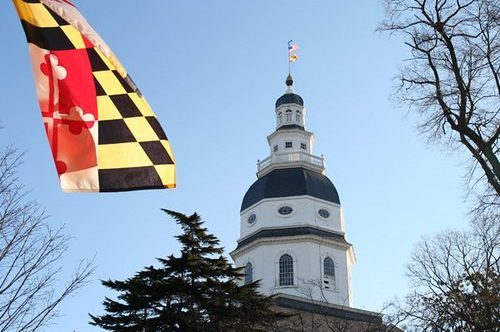Lobbying and Political Activity Rules
All nonprofits, except private foundations, can lobby on a broad range of policy issues. If your nonprofit will be lobbying, familiarize yourself with the federal, state, and local laws to ensure your tax-exempt status is unaffected.
Registration and Disclosure
Rules for Charities
Churches and other organizations exempt under Section 501(c)(3) are allowed to lobby, but their lobbying is limited. The general rule is that lobbying may not be more than an insubstantial part of their overall activities. But 501(c)(3) organizations other than private foundations, churches and certain other related religious organizations, are allowed to “elect” to come under a more liberal expenditure test, that excludes ‘cost free’ actions or activities, and also provides specific guidance on what will and will not count as lobbying expenditures.
Section 501(h) of the Internal Revenue Code creates the optional expenditure test that most charities are allowed to “elect” in place of the basic “insubstantial part” test. “Worry Free Lobbying” by the Alliance for Justice is an excellent brief description of the 501(h) election and its advantages for charitable organization engaged in advocacy.
As the booklet describes, organizations that do not, or are not allowed to come under the 501(h) provisions remain under the basic limitation also referred to as the ‘insubstantial part’ test. They must report more detailed information when completing the IRS form 990 or 990EZ for their annual filing, and must report and be accountable even for activities that did not require an expenditure – such as the work of volunteers in their advocacy efforts.
Rules for Other Exempt Organizations
For most other groups that are exempt under Section 501(c) of the code, there is no limit on lobbying activity. Lobbying may often be the sole function of groups organized under Section 501(c)(4) – sometimes referred to as social welfare organizations, or (c)(6) – business leagues, professional associations & chambers of commerce. Dues paid to these organizations may not be deducted from members’ taxes as a ‘business expense’ to the extent funds are used for lobbying.
Policy Activity and Elections
In general, activities that support or oppose the election of any candidate for office must be a secondary, and not the primary activity or function of any tax exempt organization, with the exception of Section 527 political action organizations. Organizations exempt under Section 501(c)(3) including churches may not intervene in any election for public office, at any level. While they are allowed to engage in activities that promote voter registration and participation, and certain voter education activities, these may not be done in ways that suggest which candidates the organization may favor or oppose. Also, nonprofits must also obey applicable federal and state election laws.
The IRS rules on election-related activities by charities are not precise and often are judged on an ‘all facts and circumstances’ assessment of the activity. The Alliance For Justice has excellent fact sheets and guides available and will also take questions directly from nonprofits that are uncertain about the rules. You can also contact Henry Bogdan, Director of Public Policy, for informal advice. An IRS Revenue Ruling – RR 2007-4 also summarizes these rules and discusses several hypothetical situations to demonstrate their interpretations.
Maryland election laws are enforced by the State Board of Elections. The Federal Election Commission’s site describes the federal regulations and restrictions. In general, 501(c)(3) organizations will find that the rules under the Internal Revenue Code are as, or more, restrictive than most election law provisions. One important exception is that the FEC’s rules now prohibit most election–focused forums or appearances involving federal candidates that would be allowed under IRS rules, although certain candidate debates are still permitted.


